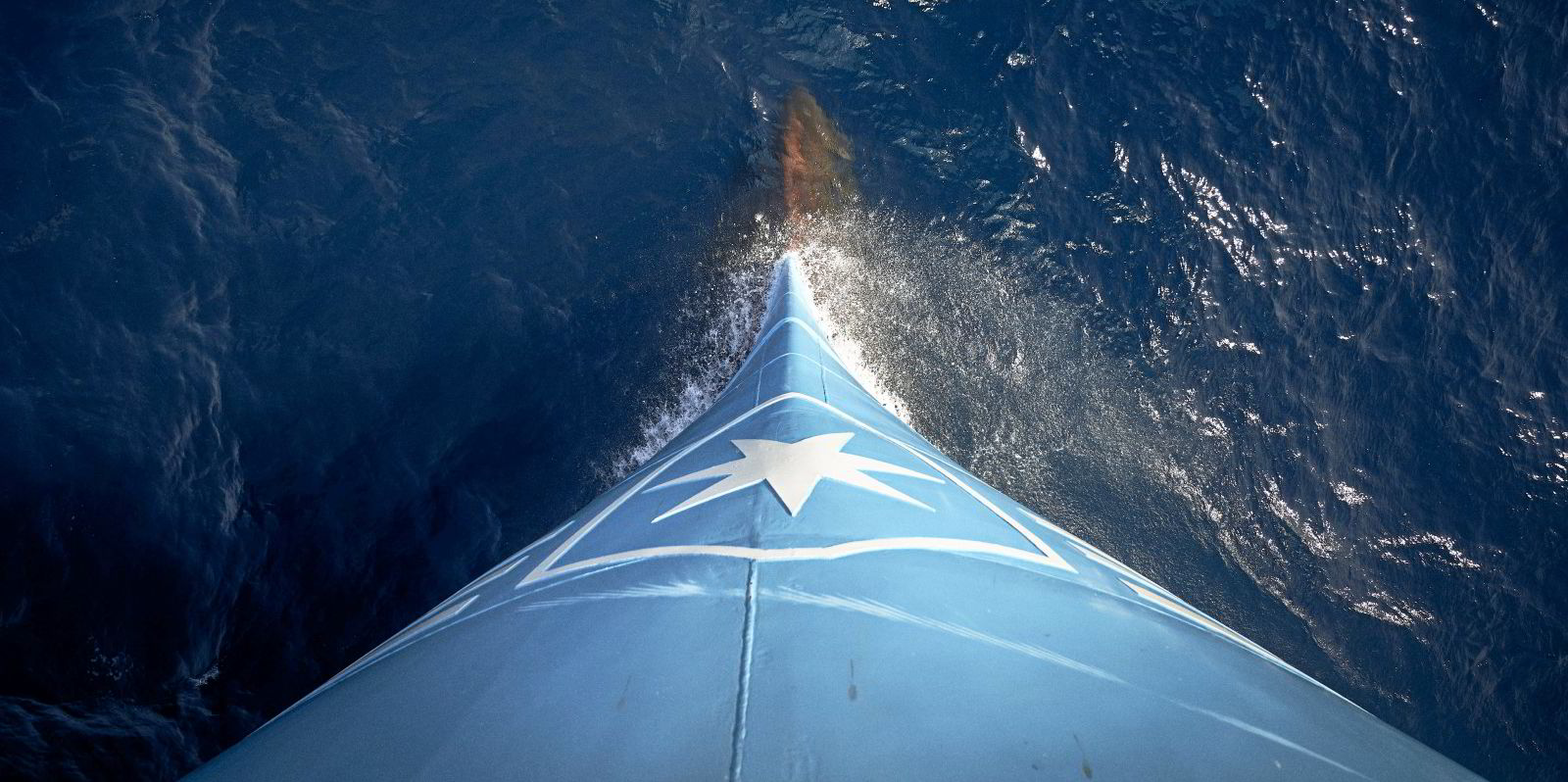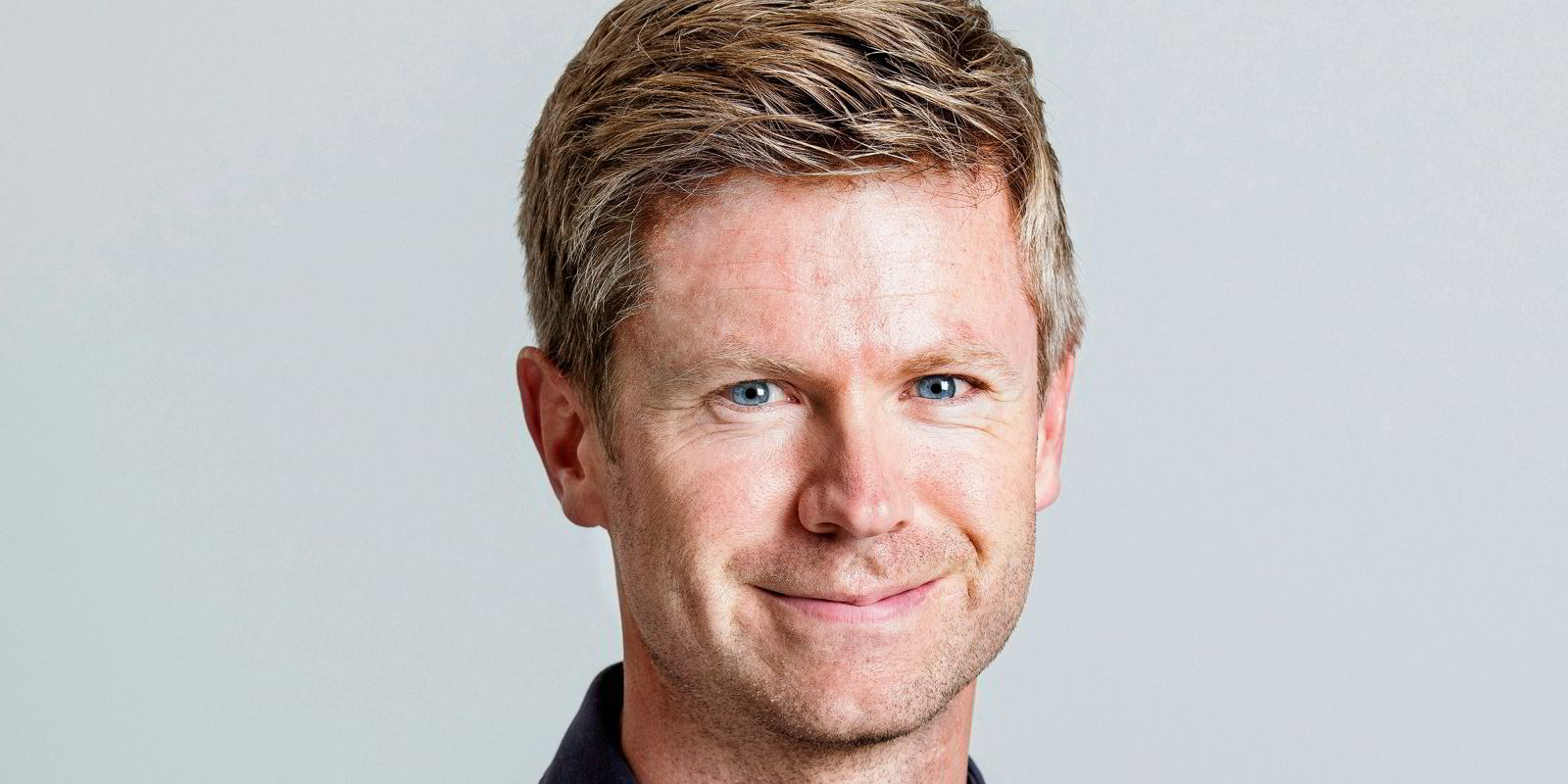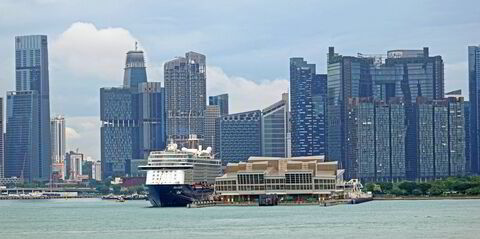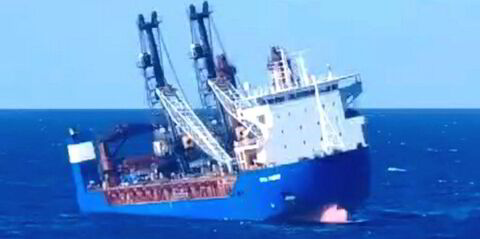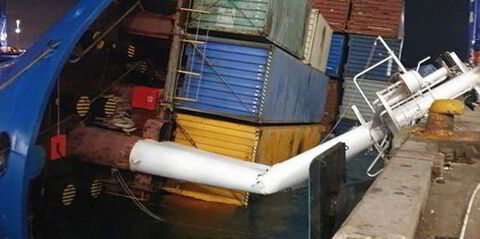Maritime decarbonisation is in a state of flux. Despite the positive message sent by member nations of the International Maritime Organization at the 80th session of the Marine Environment Protection Committee in July, plenty remains to be done to accelerate emissions reductions from shipping to meet IMO targets.
Much of the confusion sits around alternative fuels. We know the fuels we need are not all available yet in the required quantities. Some are in short supply; others do not exist in a usable form.
The growing orders for methanol dual-fuel ships is a welcome sign that owners are giving themselves options on assets with 25-year operating lives.
It is less encouraging to read that this is seen by some as a setback towards achieving the net zero target. The reality is that you do not flip a switch and go from 400m tonnes of diesel bunker fuels annually to all-green alternatives.
A multi-fuel future will be essential. Attempting to cancel one fuel type in favour of another or proclaiming one fuel “the winner” when it does not exist as an option today does nothing to help owners make investment decisions.
For our part, the Methanol Institute and the industry we represent are clear about what we can contribute.
Methanol is one of the most widely traded chemical commodities in the world, with storage capacity at 120 of the world’s leading ports.
It is largely made from the reformation of natural gas in plants producing 1.8m tonnes per year. Even after accounting for the lower energy density of methanol, conventional methanol is cost-competitive with marine gasoil and very low-sulphur fuel oil today.
Burning natural gas-based methanol in a ship provides lower in-service carbon emissions and significantly reduces local pollutants. Natural gas-derived methanol virtually eliminates sulphur oxides and particular matter and cuts NOx by up to 80%, but still emits CO2.
Methanol producers understand the coming changes and can make low-carbon or blue methanol using existing natural gas-based assets by recycling CO2 within the plant, incorporating green hydrogen or renewable electricity.
Installing carbon-capture technology can cut the carbon intensity of production by up to 90%, taking us a big step towards net zero.
Many producers are purchasing biomethane going into the natural gas pipeline system to produce certified bio-methanol on a mass-balance basis, again using existing plants.
Green bio-methanol can also be produced from biomass gasification such as forestry residue or municipal solid waste. E-methanol is made from green hydrogen combined with CO2 from industrial flu gases — think steel, cement or ethanol plants — biogenic sources, or from direct air capture.
Bio-methanol and e-methanol represent a small but rapidly growing segment of methanol supply, with plants increasing in scale to 50,000, 100,000, 250,000, or more than 1m tonnes per year.
We are tracking more than 90 projects globally, with announced projected production capacity exceeding 8m tonnes by 2027.
No matter the production feedstock or process, the methanol molecule is the same. This means that vessel owners can use conventional methanol today, and blend in more blue and green methanol as production ramps up. Essentially, you can “dial in” the desired carbon intensity and price point you are looking to achieve.
This is how methanol facilitates the transition. Vessel owners are clearly signalling the desire for more low-carbon and carbon-neutral methanol, and the producers are stepping up.
The work getting to this point began with methanol producers including Methanex and Proman paving the way by building chemical tankers meeting safety requirements and facilitating the maturity of the engines we see being ordered today.
The willingness of AP Moller-Maersk, not just to move the model into a mainstream shipping sector but also to secure its future fuel supply chain, is a demonstration of the commitment the wider industry will need to make at scale, whichever fuel they choose.
Sowing confusion and misinformation about fuel suitability makes a difficult process harder. There may be no perfect solutions available to fuel buyers right now, but we should not let those that are, be the enemy of good.
Gregory Dolan is the chief executive
of The Methanol Institute
Do you have an opinion to share?
Email: news@tradewindsnews.com

